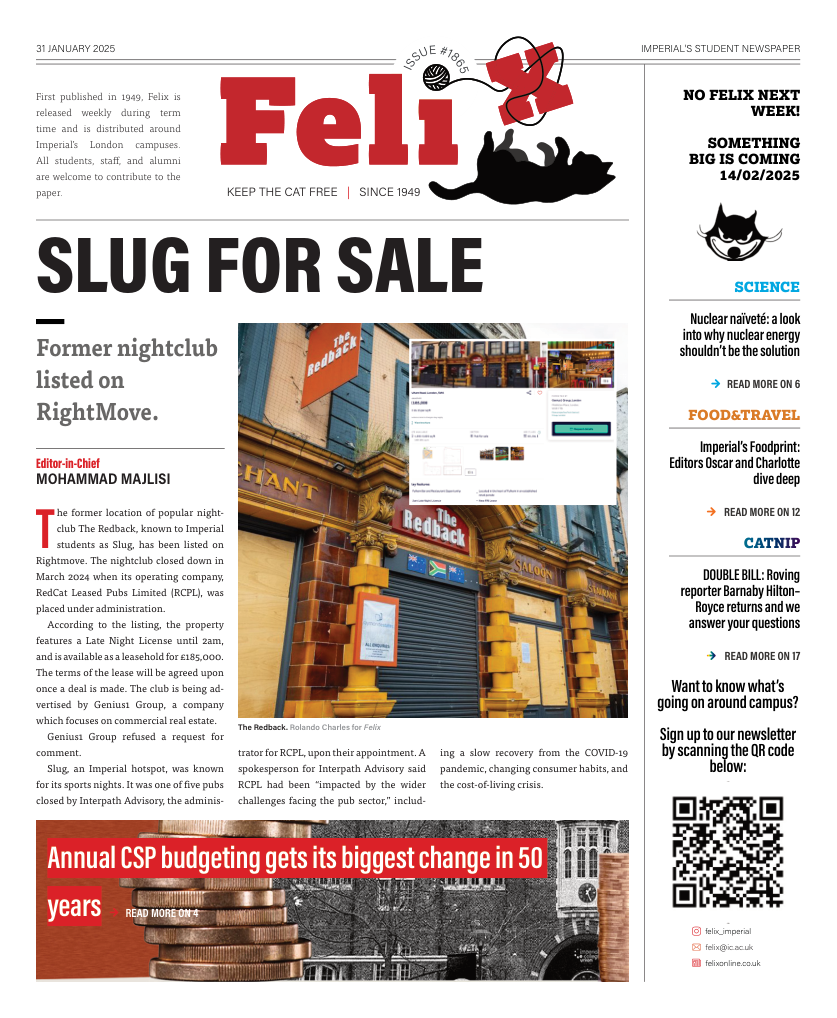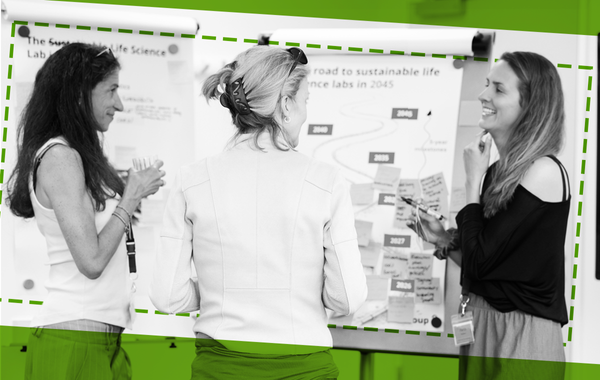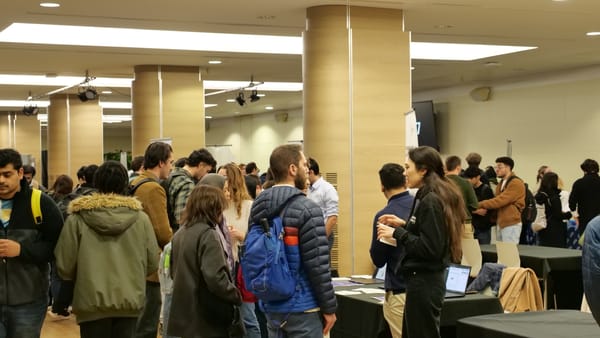Carbon foodprints: a student perspective
As part of the college’s community-led sustainability efforts, the Earth Science and Engineering and Civil and Environmental Engineering sustainability committees are exploring students' perspectives on climate change, their carbon footprints, and their willingness to reduce them. To achieve this, we conducted a three-part “Climate Action Survey” (CAS) assessing students' views on climate change, calculating their carbon footprints, and evaluating shifts in perception afterward.
The first survey tells a story many of us might relate to: most respondents are very aware of climate change’s causes and effects, feel moderately anxious about it, and are only slightly hopeful we can mitigate it. While 88% felt motivated to act, only 41% knew what steps they could take to reduce their carbon footprints.
The CAS shows that students have a carbon footprint of 7.8 tonnes of CO2-equivalent per person per year – below national average estimates of about 10 tonnes. Close behind transport, food was our biggest source of greenhouse gas emissions, with an average of 1.9 tonnes per person per year – that’s 25% of our total footprint! Our average food carbon footprint resembles that of a medium meat consumption diet (see Figure 1). If we shifted to a low meat, vegetarian, or vegan diet, we would emit 250, 600, or 1000 kgCO2 less per year on average, respectively.
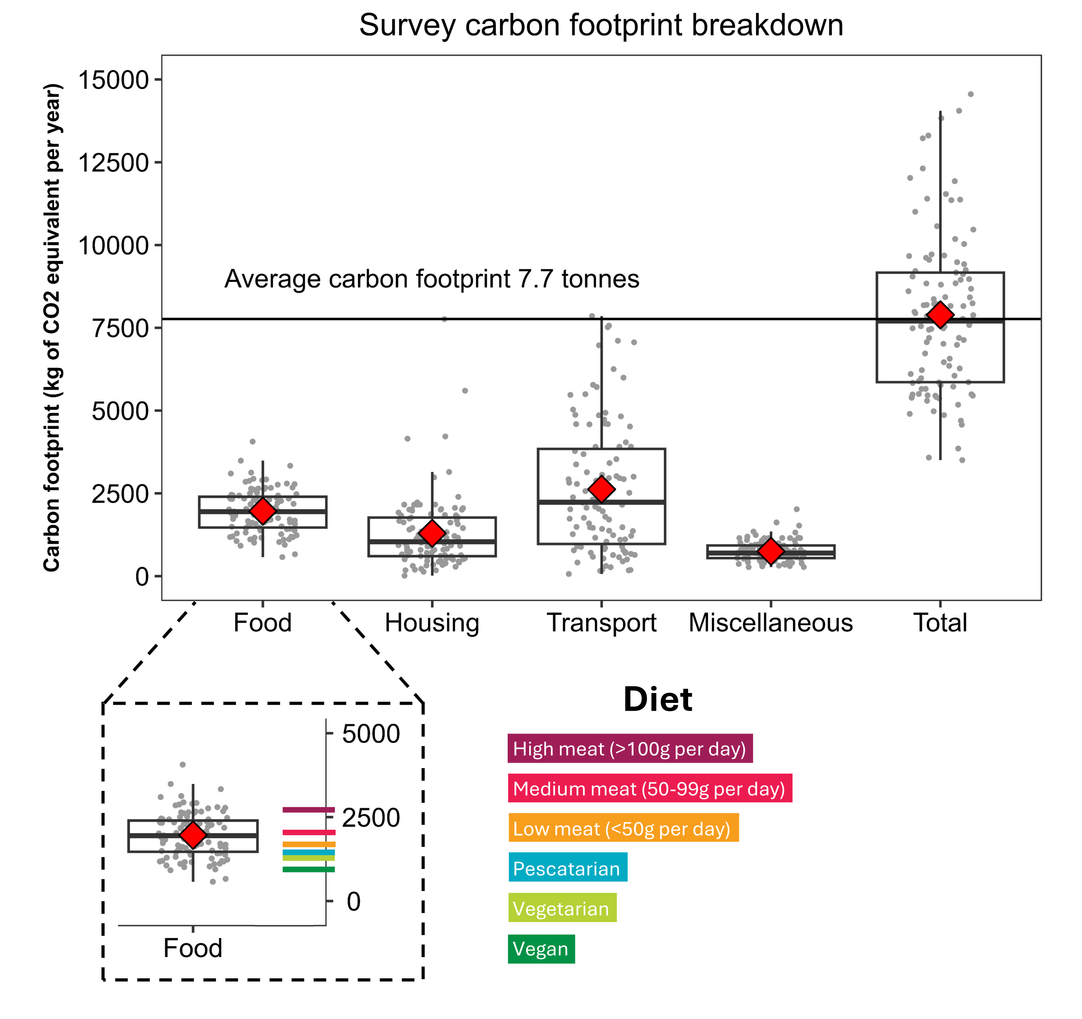
Encouragingly, after completing the calculator, two thirds of students reported being more aware of what they can do to decrease their carbon footprint, and more than half said they became more motivated to do so. (You might want to give it a go if you feel it would help!) Regarding food, two thirds of respondents said they were likely to start reducing their meat consumption. Clearly, we can and want to mitigate climate change in the ways we can, and that’s a great start, but we also need institutions – governments, companies, and even Imperial – to do their share.
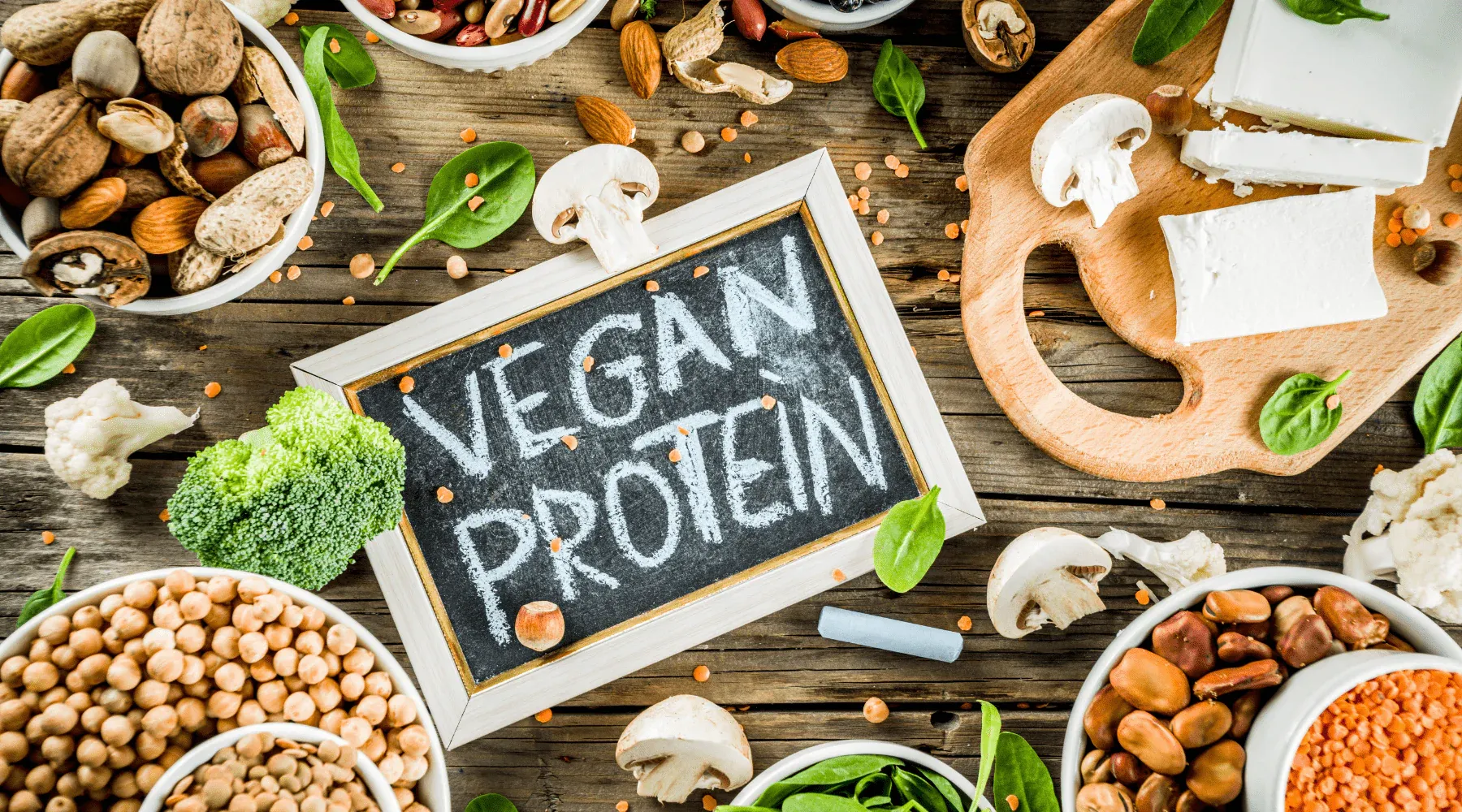
When we reached out to Imperial’s catering team, we were pleasantly surprised to find out that, behind the scenes, they were busy reducing the carbon footprint of our meals. Some changes are more obvious, for example: beef was eliminated from all Taste Imperial menus in October 2024 (some of which was replaced with wild-culled venison, which has 75% less CO2 emissions); non-dairy milks are available free of charge; and Meat-free Mondays were introduced during Veganuary and warm plant-based meal options are now available at every outlet.
But other changes often go unnoticed , and this is partly by design. As a dizzying reminder: Imperial is home to over 21,000 students and 8,000 staff. Depending on who you ask, the college is either moving too fast or frustratingly slowly. Mindful of the delicate balance required to introduce change in our large and diverse organisation, the catering team often prefers to focus on less controversial actions. Fortunately, something as simple as expanding the range of available vegan sandwiches can do a lot to ‘nudge’ people in the right direction! However, the catering team also has to be mindful of our limited student budgets, as high-quality vegan options can be more expensive.
If you would like to take the CAS, here is the link. While it may not be practical (or in the interest of sustainability) to take a vote on every issue, the catering team is looking into building more robust communication channels with students/staff. If you would like to share your thoughts, you can reach out to the catering team at tasteimperial@imperial.ac.uk or fill in the feedback form here.


